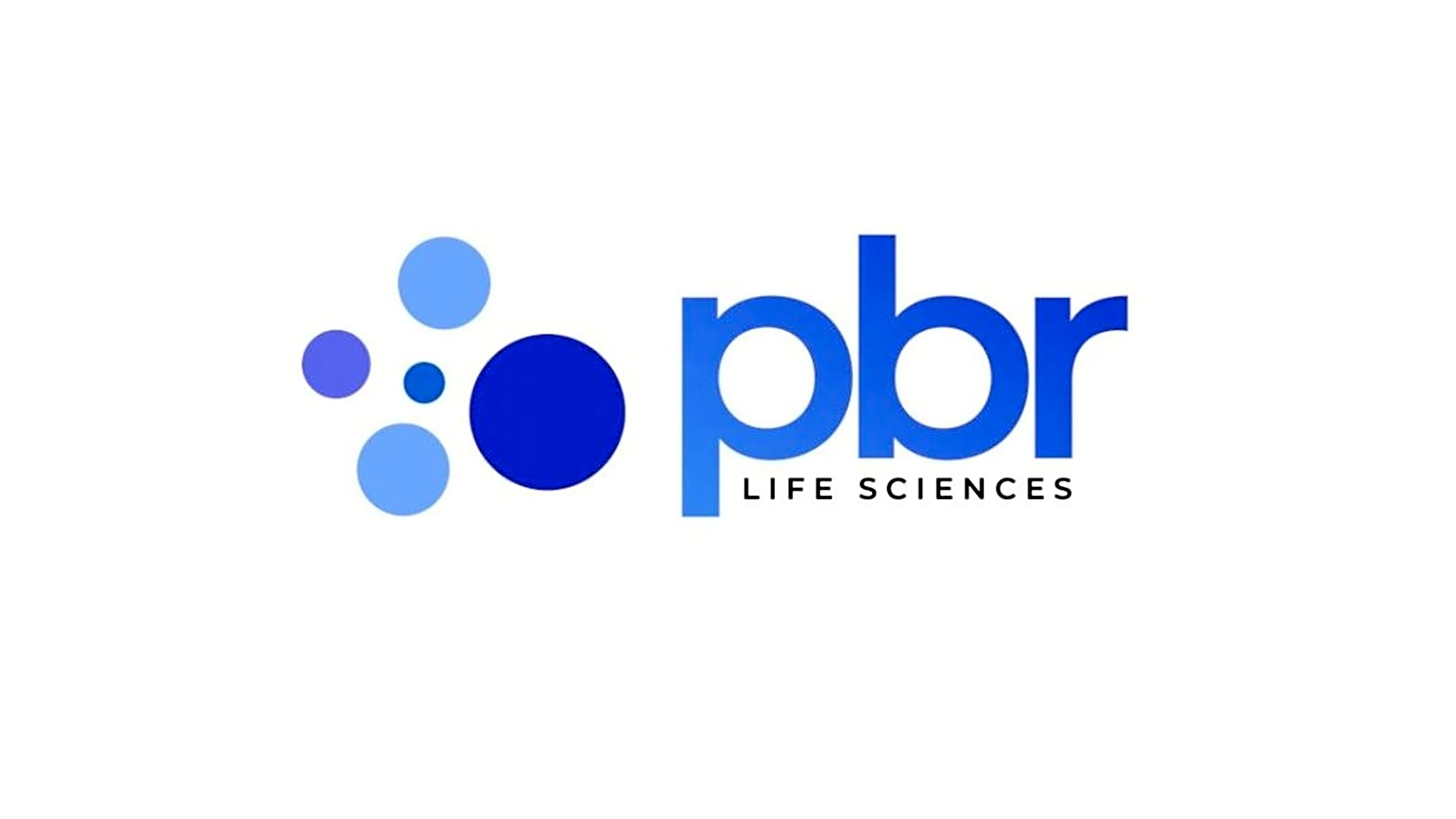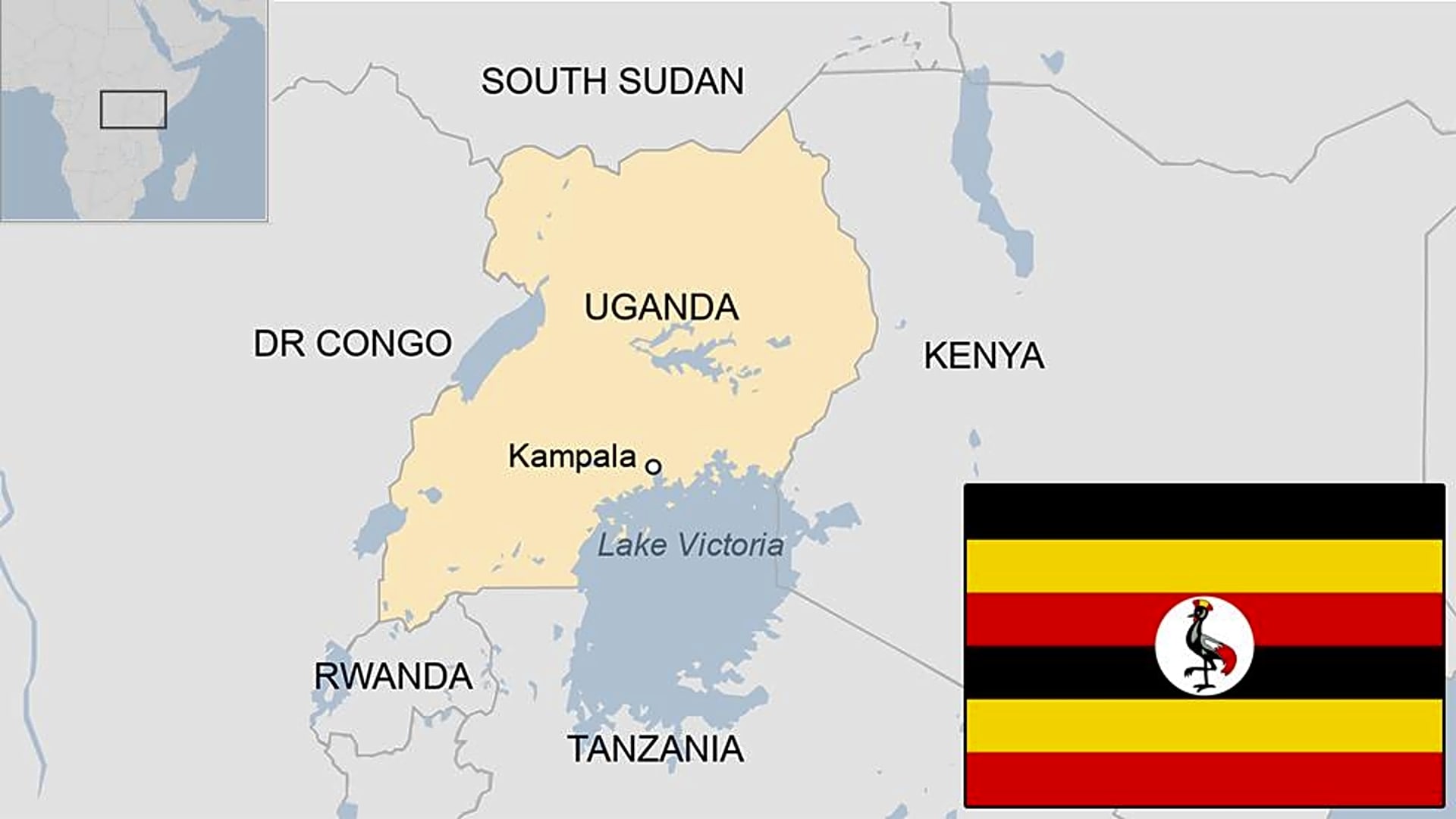Global and local investors were ready to invest in African companies addressing supply chain and operational difficulties for retailers and suppliers in the fast-moving consumer goods (FMCG) industry when Egyptian B2B e-commerce platform Cartona last raised money in 2022.
Two years later, investor enthusiasm has faded as these startups—whether asset-light or asset-heavy—have experienced substantial pressure on their business models, which has resulted in retreats, closures, downsizing, and mergers.
Despite this pattern, Mahmoud Talaat, the founder and CEO of Cartona, says the company is “very close to reaching full EBITDA profitability.” The company has secured an additional $8.1 million in a Series A extension. $5.6 million in stock and $2.5 million in debt from both new and current investors make up this funding.
Algebra Ventures, an Egyptian venture capital firm, led the investment, which increased Cartona’s Series A total to $20.1 million. SANAD Fund for MSME and Silicon Badia, the main investor from the initial Series A tranche, were among the other participants. The debt was provided by GlobalCorp and Camel Ventures.
The four-year-old e-commerce business, according to Talaat, raised money from a healthy cash position. He declared, “We have raised twice as much equity as before.” Cartona commenced its activities in FMCG and HORECA (hotel, restaurant, and cafe/catering) more than a year ago, and it plans to use the funds to grow its market share in Egypt. Cartona may also look into launching additional product lines in Egypt and entering other regional markets, such as Saudi Arabia.
Initially, Cartona was a B2B platform that connected FMCG suppliers and wholesalers with retailers, focussing only on assets. It was frequently said that asset-light business models would find it difficult to compete with asset-heavy B2B e-commerce platforms that had more control over their supply chains and technology.
These worries have been allayed, though, by asset-light marketplaces like Nigeria’s Omnibiz and Cartona. According to Talaat, Cartona was able to receive finance in 2022 by improving its technology, user experience, and fulfilment rates over the course of its first two years to a level that was equivalent to asset-heavy companies. The business then concentrated on enhancing its unit economics in a high-volume sector where order profitability is difficult to achieve. Investors find Cartona appealing since it has made great strides in this area over the last two years and is almost at full profitability, particularly in light of the depreciation of the Egyptian pound compared to the US dollar, according to Talaat.


